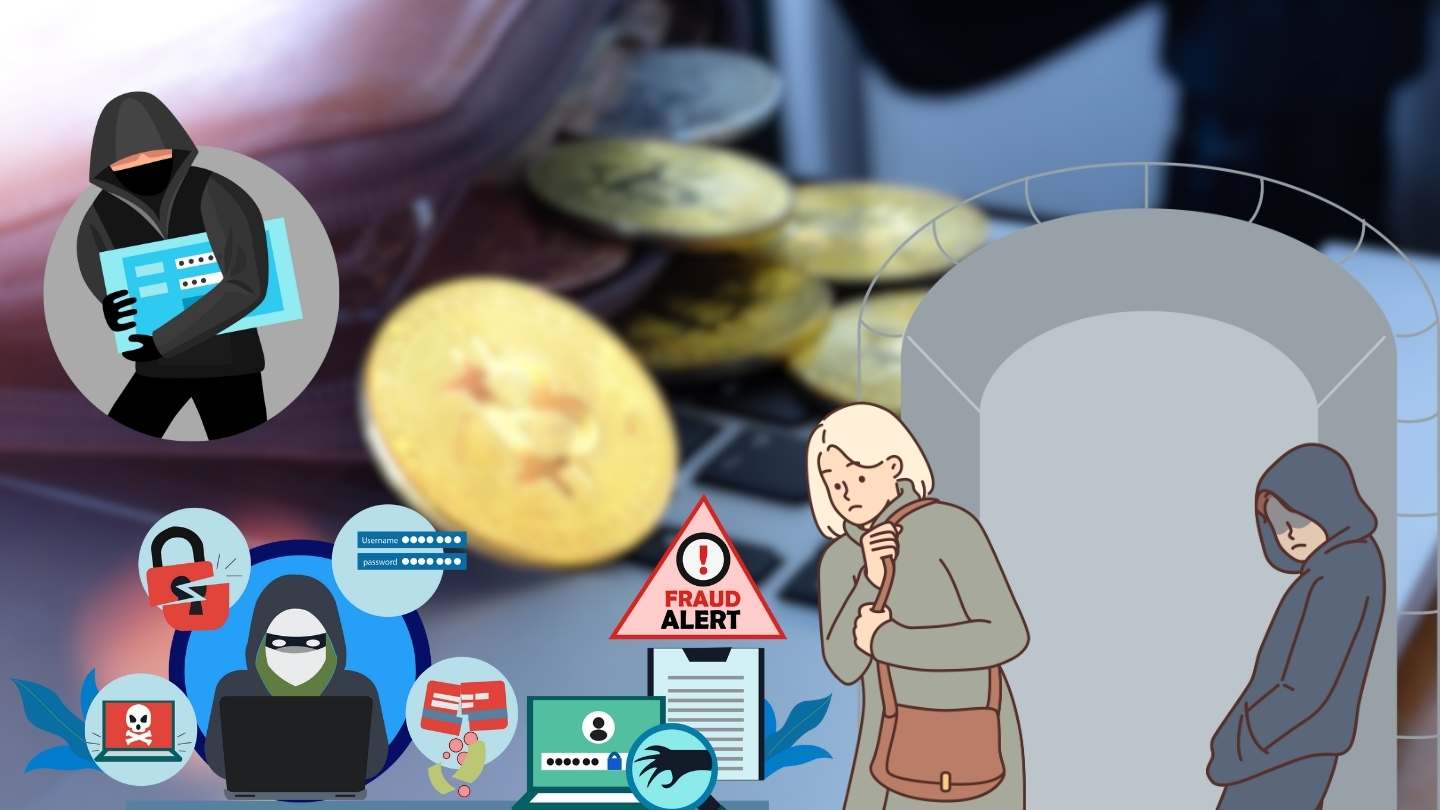
Unlike high-tech scams, this form of crime takes place in real life. Victims can be tracked, controlled and forced to disclose digital wallet access information. Some cases also have violence, causing experts to issue warnings and consider this a wave of "cold-fried" attacks.
blockchain security expert Dmitry Mishunin warned: " individual wallets are now not only targets for hackers, but have also become targets for organized gangs, especially in the context of the cryptocurrency market rising in price."
According to Cyber news, criminals often take advantage of blockchain transaction analysis tools to get a large balance when issuing a wallet. They can then track the digital trace, combine social networks and monitor the victim's real address. When the right time came, the subjects attacked, forced the victim to transfer money or revealed the phrase "resure wallet".
Several serious cases have been reported in Spain, the UK and the US, many of which are individual investors, without appropriate protections and easily detected through public transactions.
To prevent this, experts warn users to keep digital asset information confidential, avoid sharing data about wallet balances, locations or transaction habits. At the same time, they divided their assets into many wallets and maintained the measure of anonymousness when trading.
As cybercrime is changing with the times, investors not only need digital security, but also have to proactively protect personal safety in real life.











